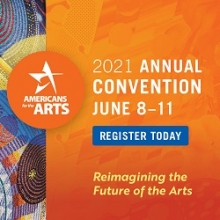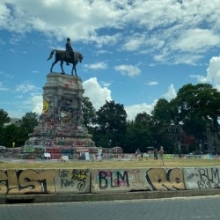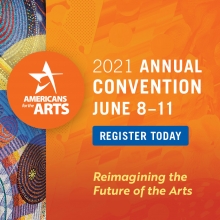
Mr. John W. Haworth
Shining a Spotlight on Native American Media and Mediamakers
Posted by Oct 14, 2021

Mr. John W. Haworth
It is important for cultural leaders and individual artists to know the work of organizations elevating Native artists. This is of special urgency given the current challenges faced by local and regional arts agencies: Leaders in the cultural sector simply must have a broader understanding of social and economic justice issues. As our field does more to support civic engagement and informed public dialogue about these key issues, local arts leaders have the opportunity to assume leadership roles on the complex challenges in our communities—promoting equity, addressing the climate and other issues, and promoting civic literacy about the issues we face. As arts administrators and managers, it is not enough to be informed about the issues—we need to know how to communicate effectively with broader, more diverse publics that we serve. Local arts agency leaders must understand these issues on ever deeper levels as they develop meaningful competitive grant review processes and find effective ways for arts organizations to take central roles in public discourse.
Read More























